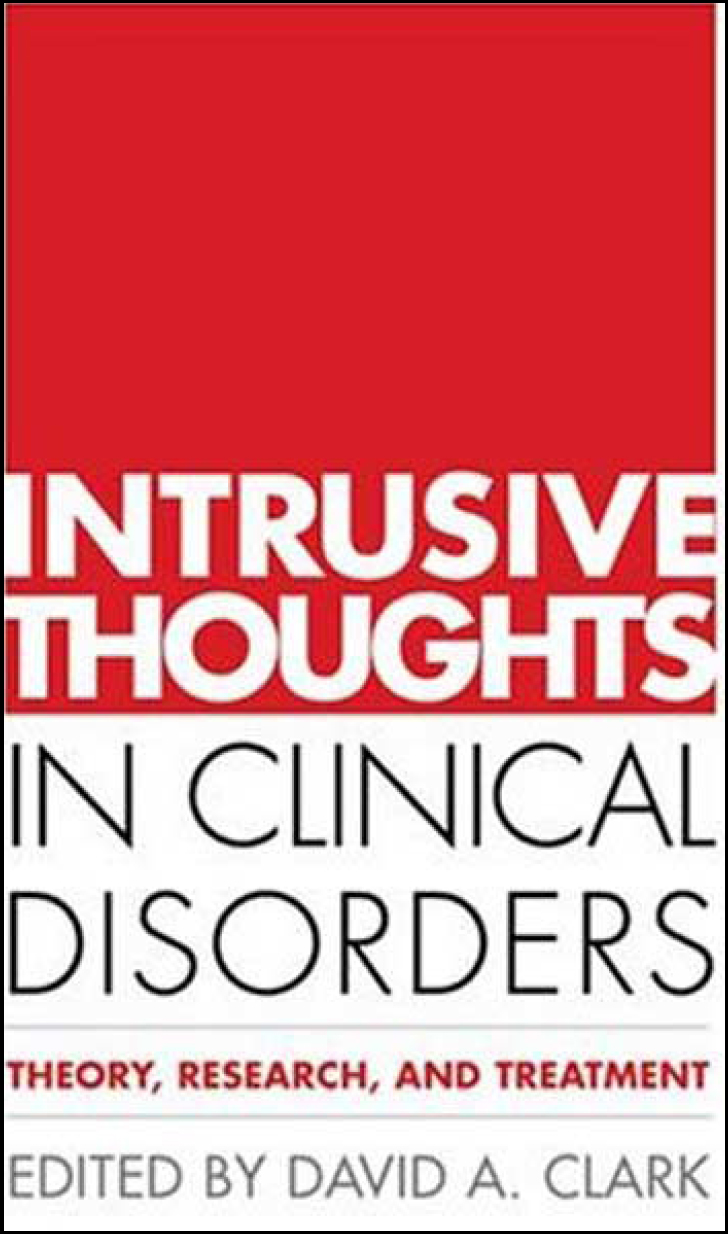
Good students of psychopathology ask us whether fine distinctions really matter, especially when confronted by yet another unfeasibly long German word. In fact, interpreting thoughts of harming a baby as obsessional rather than goal-directed counts for much at a child protection conference. In this multi-authored book phenomena similar to the traditional obsessional thought are identified across a range of problems and brought together in a concept of ‘unwanted intrusive thoughts’. Obsessive-compulsive disorder is covered, but so are anxiety, psychosis and sex-offending, among other areas.
But first, imagine a big white fluffy bear. And now do your best not to think about that bear again while reading this review. You may find this is very hard to keep up, even for a few seconds. Wegner's ‘white bear experiment’ conveys the most important message of this book - thought suppression is bad news. Efforts to control intrusive thoughts only fuel them. This is not a new finding in obsessive-compulsive disorder, but for psychosis, the case is persuasively made that some psychotic symptoms have much in common with intrusive thoughts in other disorders, and that helping people to find alternatives to thought suppression should be a feature of cognitive approaches. We are reminded how we all experience the occasional intrusive thought; but it is how we appraise such thoughts that matters. In some areas these concepts work less well. The distinction between intrusive thoughts and negative automatic thoughts in depression was particularly unclear.
There are also a number of omissions. A critical appraisal of the broadened concept of intrusive thoughts from a rigorous philosopher would have been welcome. Aggression and self-harm are not addressed, and the relevance of intrusive thoughts to risk assessment was absent.
This volume is a complex literature review of theory and practice at the cutting edge of cognitive psychology approaches to mental illness. It is not a practical manual for busy generalists. However, specialist cognitive therapists will learn something new and have thoughts provoked that are better not suppressed.
So how are you getting on with that bear?



eLetters
No eLetters have been published for this article.